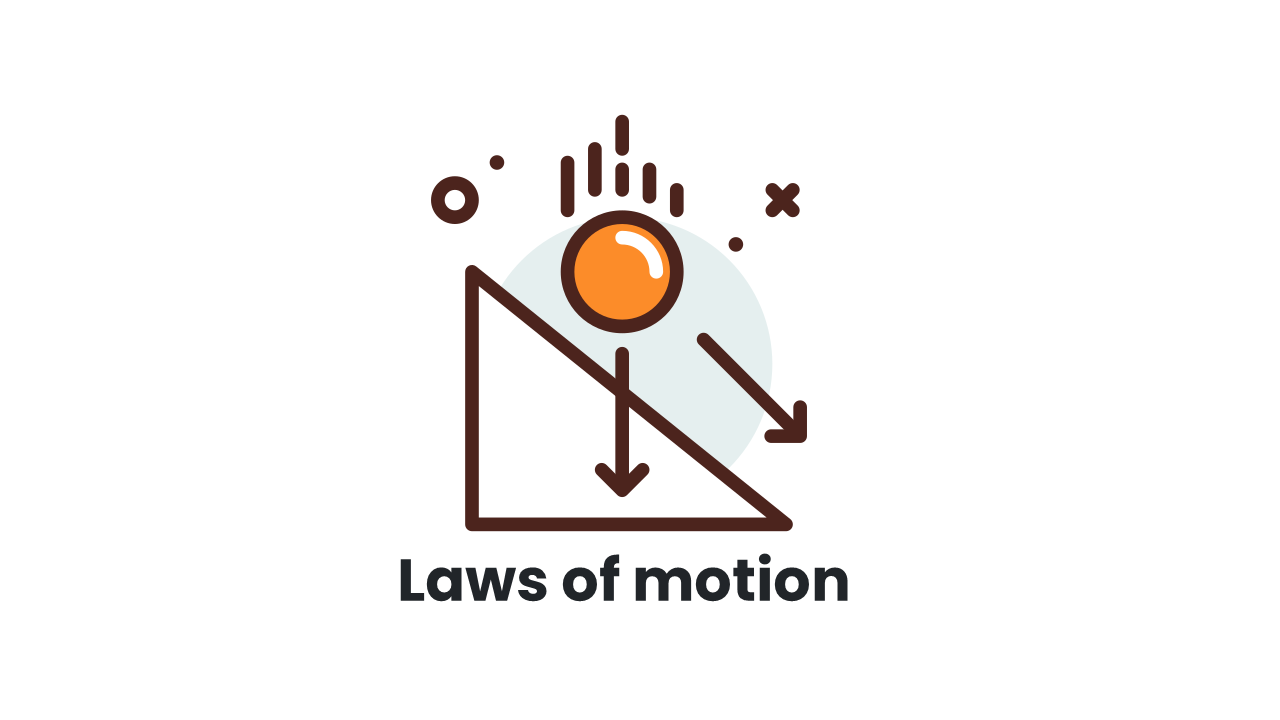-
A
A force that causes the system to move.
-
B
The net force acting on the system.
-
C
The force that is equal in magnitude but opposite in direction to the resultant force.
-
D
The force that is perpendicular to the plane containing the forces.
- Share this MCQ
C
Answer:
C
When a system is in equilibrium, the net force acting on the system is zero. The equilibrant is a force that is equal in magnitude but opposite in direction to the resultant force, such that when the two forces are added together, the net force is zero. Therefore, the correct answer is C)
Click me to Read more Question & Answer of
 Laws of motion
Laws of motion
Share this MCQ
 Laws of motion
Laws of motion .jpeg) Optics
Optics  Acoustics
Acoustics  Laws of motion
Laws of motion